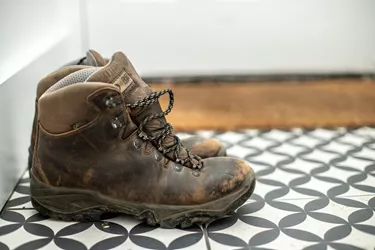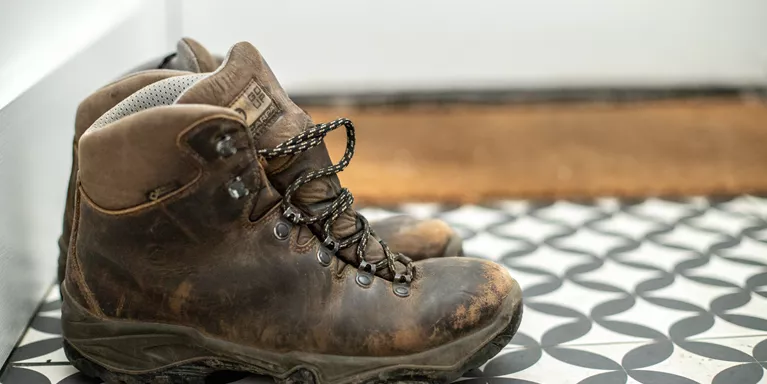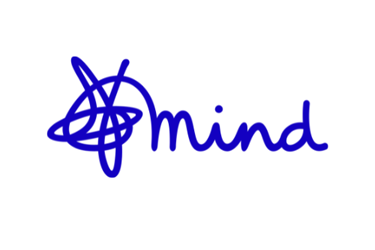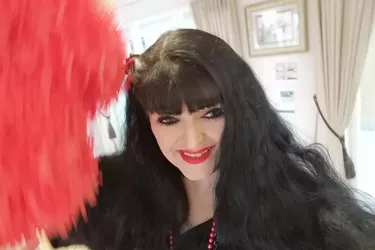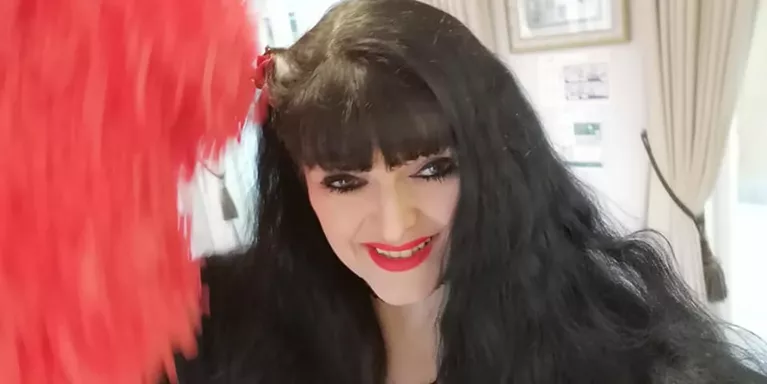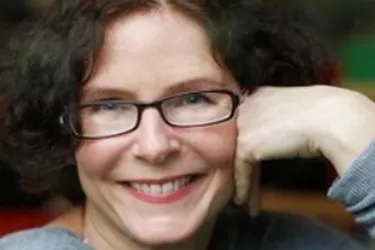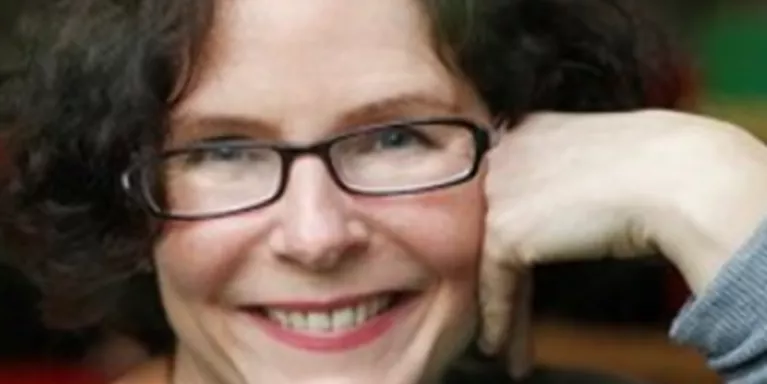Coming to terms with PTSD
Hannah talks about a sudden traumatic injury that left her battling PTSD and searching for the right support to help her through.
In June 2010 I was 18 I had just finished college. I had plans of moving to London to go to university. I was always happy and so excited to see what I had achieved and what was coming next, but then all my plans were forced to change after I was hit by a man riding a push bike.
I had serious physical injures which were life threatening, but my biggest battle through it all was my Post Traumatic Stress Disorder (PTSD). I refused to see that I was struggling to accept what had happened to me, as far as I was concerned my life hadn’t changed and neither had I. The reality was I had convinced myself what had happened was all my fault; the nightmares, flashbacks and panic attacks were just something I had to accept from my own guilt.
About two months after my accident I finally agreed to go to counselling, but I didn't find the therapist supportive, I thought she was too focused on my past and my family life, so I found myself feeling frustrated and even more confused about what was happening to me. She didn't seem to understand that I had gone from a normal 18 year old girl to someone who was frightened of even leaving her own house without holding her Mum’s hand.
I started to feel a burden to my friends, family and my partner at the time. I pulled away from everyone, isolating myself, and I started to feel everyone would be happier without me. I never harmed myself, but a lot of thoughts when through my mind.
By chance, my mum started taking me to an evening lecture on dealing with stress. As PTSD sufferer, sitting down listening to someone talk for an hour was a challenge. I found myself restless, frustrated and I even fell asleep because I couldn't keep focused. Embarrassed about my behaviour, I spoke to the gentleman giving the lecture who was actually really helpful, I felt I was finally getting the answers I needed.
He told me that counselling might not help and that I could look into Cognitive Behavioural Therapy (CBT). I did and my therapist was amazing! She provided me with techniques and tasks to do to get me out on my own again. Seven weeks later, I had enough techniques to help me. I finished the course of therapy nine months ago and I can now say that I'm back on track.
I have been lucky to have an understanding boss, parents and friends around me. Throughout it all, I have managed to keep down a full time job since as a senior carer. At first I was embarrassed about what I was going through and afraid of being judged, but I have learnt along the way that those who judge me are not worth my time.
I try to keep my story quiet as it still has painful memories for me, but I want other people struggling to realise that when something like this happens, it doesn’t mean your life is over. Overtime I’ve come to realise that my limits were ones I was putting on myself.
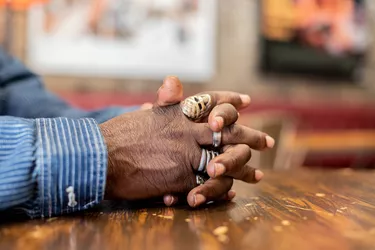

Information and support
When you’re living with a mental health problem, or supporting someone who is, having access to the right information - about a condition, treatment options, or practical issues - is vital. Visit our information pages to find out more.
Share your story with others
Blogs and stories can show that people with mental health problems are cared about, understood and listened to. We can use it to challenge the status quo and change attitudes.










